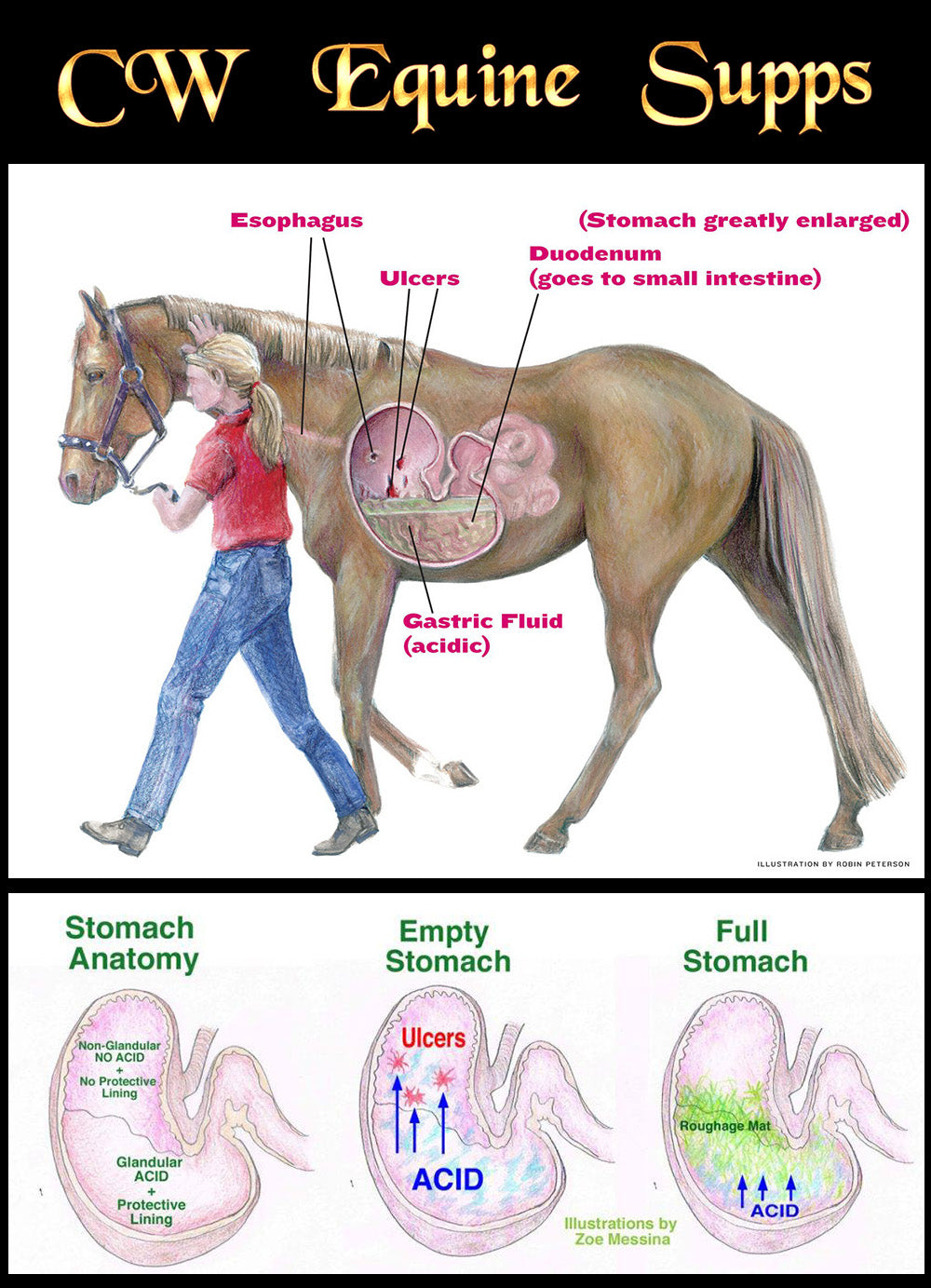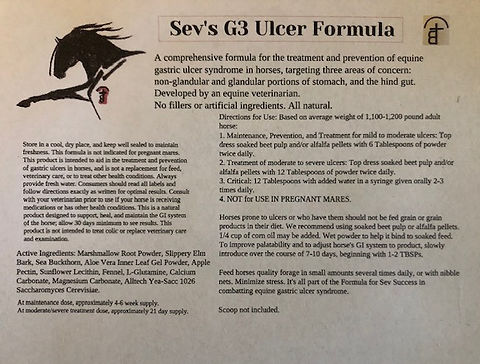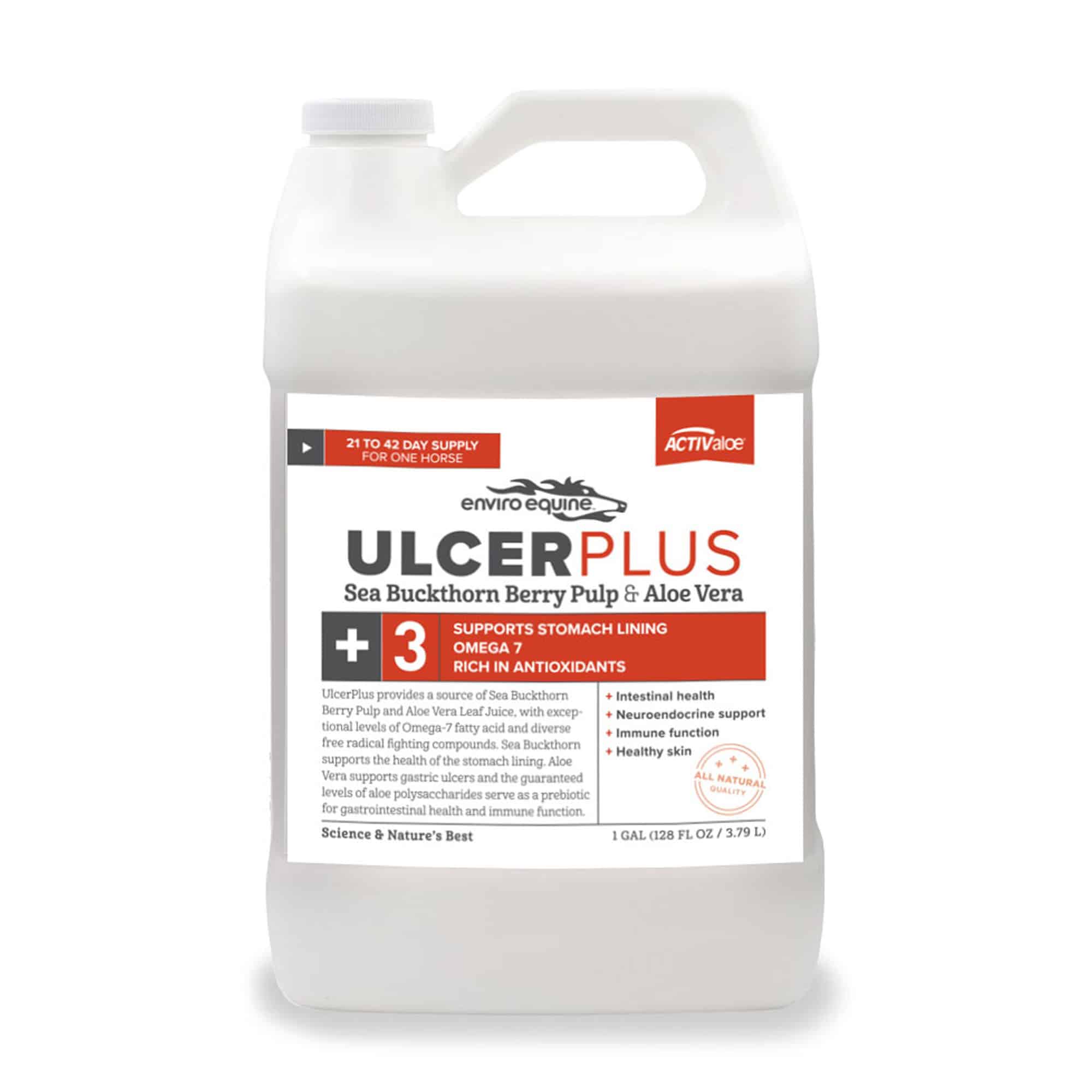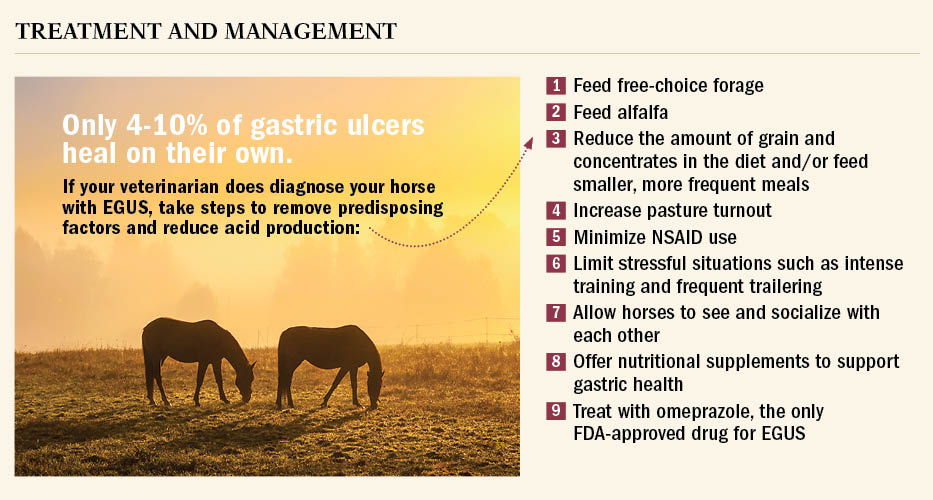Feeding Horses with Gastric Ulcers: A Comprehensive Guide

Gastric ulcers are a common health issue in horses, especially those under stress or intensive training. Proper feeding management plays a crucial role in both preventing and managing gastric ulcers. This article explores effective feeding strategies, dietary recommendations, and practical tips to support horses suffering from gastric ulcers.
Understanding Gastric Ulcers in Horses

Gastric ulcers occur when the stomach lining is eroded by stomach acid, leading to discomfort, reduced appetite, and poor performance. Horses are particularly susceptible due to their unique digestive system, which continuously produces acid.
Causes of Gastric Ulcers

- Stress (training, transport, competition)
- High-grain, low-forage diets
- Irregular feeding schedules
- Use of non-steroidal anti-inflammatory drugs (NSAIDs)
Feeding Strategies for Horses with Gastric Ulcers
1. Increase Forage Intake
Forage acts as a natural buffer against stomach acid. Providing free-choice hay or pasture grazing helps maintain a healthy stomach environment.
2. Limit Concentrates
High-grain diets increase acid production. Reducing grain and replacing it with fiber-rich feeds can alleviate ulcer symptoms.
3. Frequent Small Meals
Feeding smaller, more frequent meals reduces acid buildup and prevents prolonged periods of an empty stomach.
4. Use of Alfalfa Hay
Alfalfa contains calcium, which can help neutralize stomach acid. Incorporating alfalfa hay into the diet may benefit ulcer-prone horses.
5. Avoiding High-Starch and High-Sugar Feeds
These can exacerbate acid production and should be minimized.
Sample Feeding Schedule
| Time | Feed Type | Quantity |
|---|---|---|
| Early Morning | Alfalfa hay | Free choice |
| Mid-Morning | Small grain mix | 0.5 kg |
| Noon | Grass hay | Free choice |
| Afternoon | Beet pulp (soaked) | 1 kg |
| Evening | Alfalfa hay | Free choice |
Additional Tips
- Provide constant access to clean, fresh water.
- Avoid sudden changes in diet.
- Monitor body condition and behavior closely.
- Consult a veterinarian for appropriate medical treatment alongside dietary management.
Frequently Asked Questions (FAQ)
Q1: Can feeding alfalfa cure gastric ulcers?
A1: While alfalfa hay can help buffer stomach acid, it is not a cure. Medical treatment is often necessary.
Q2: How long does it take for ulcers to heal with dietary changes?
A2: Healing time varies but typically ranges from 4 to 6 weeks with proper management.
Q3: Is it safe to feed grain to a horse with ulcers?
A3: Grain should be limited and fed in small amounts to avoid increasing stomach acid.
Q4: Can supplements help with gastric ulcers?
A4: Certain supplements like probiotics and antacids may support healing but should be used under veterinary guidance.
By implementing these feeding strategies and working closely with a veterinarian, horse owners can effectively manage gastric ulcers and improve their horse’s health and performance.
